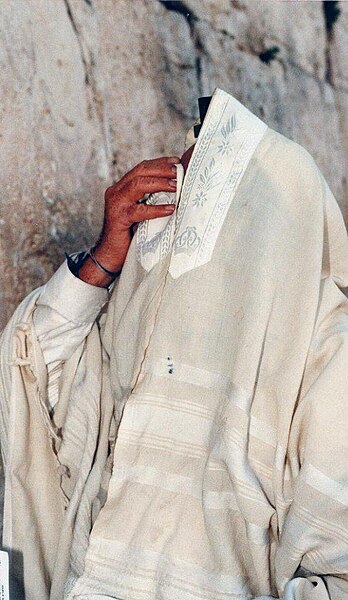Women of the Wall is a multi-denominational Jewish feminist organization based in Israel whose goal is to secure the rights of women to pray at the Western Wall, also called the Kotel, in a fashion that includes singing, reading aloud from the Torah and wearing religious garments. Pew Research Center has identified Israel as one of the countries that place "high" restrictions on religion, and there have been limits placed on non-Orthodox streams of Judaism. One of those restrictions is that the Rabbi of the Western Wall has enforced gender segregation and limitations on religious garb worn by women. When the "Women of the Wall" hold monthly prayer services for women on Rosh Hodesh, they observe gender segregation so that Orthodox members may fully participate. But their use of religious garb, singing and reading from a Torah have upset many members of the Orthodox Jewish community, sparking protests and arrests. In May 2013 a judge ruled that a 2003 Israeli Supreme Court ruling prohibiting women from carrying a Torah or wearing prayer shawls had been misinterpreted and that Women of the Wall prayer gatherings at the wall should not be deemed illegal.

Woman praying at Women of the Wall service wearing a tallit and tefillin
The Western Wall (August 2012)
WOW Torah Reading
Border patrol conflict with Women of the Wall protestors
A tallit is a fringed garment worn as a prayer shawl by religious Jews. The tallit has special twined and knotted fringes known as tzitzit attached to its four corners. The cloth part is known as the beged ("garment") and is usually made from wool or cotton, although silk is sometimes used for a tallit gadol.
A white tallit according to some Sephardic traditions
A tallit with black stripes according to the Orthodox Ashkenazic tradition
A folded tallit
Tallit found at the House of Shimson Kleuger, Oświęcim








